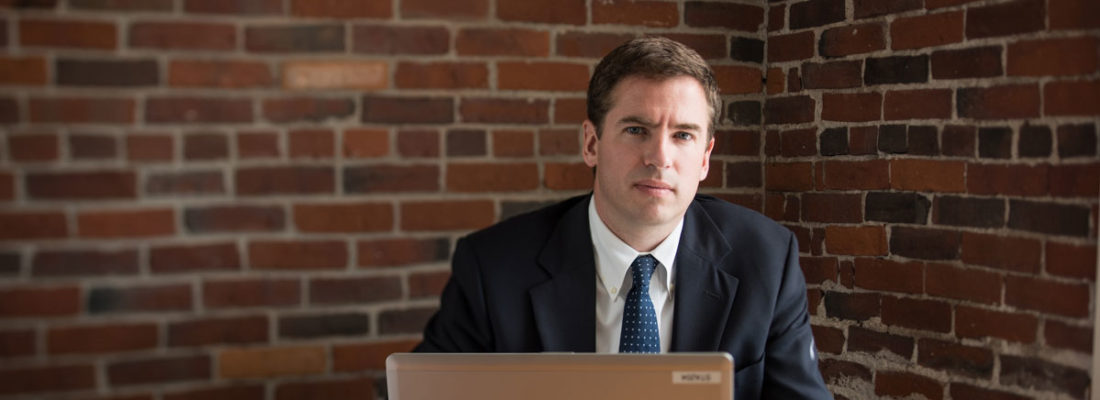Dealing with medical bills following a car accident can be confusing and time consuming. If you are injured in an accident caused by the negligence of someone else, your medical bills may be covered by several different sources.
First, you can make a legal claim against the other driver. Depending on the facts of your case and the nature of your injuries, a successful personal injury claim may require you to file a lawsuit, which can take many months to resolve. Therefore, the real question for most injured people is, “who is going to pay my medical bills while my attorney puts my case through the court system?”
The answer in most cases is your own insurance carriers. Whenever you are injured in a car accident, you should notify your own automobile insurer right away. In Maine, almost all insured drivers have medical payment coverage that will cover some of the medical bills related to the accident regardless of who was at fault. For that reason, it is almost always a good idea to submit a medical payment coverage claim to your own insurance carrier, even if you did not cause the accident.
Similarly, if you have health insurance, whether public or private, you should provide your health insurance information to your doctors so your medical bills can be submitted directly to your insurance company. Even though the other driver caused the accident, your health insurer will still provide coverage for your injuries related to the accident if your treatment is covered under your policy.
Even after you submit your medical bills to your own insurance carriers, you might still be asked to pay some amounts for deductibles, co-pays, or other out-of-pocket expenses. If you can afford it, the best practice is to pay those in order to avoid having the bills sent to a collection agency. If you have a good, experienced personal injury attorney, he or she will seek to recover your out-of-pocket expenses as part of your personal injury claim against the negligent driver
While it might not initially make sense to ask your own insurance company to pay for medical bills that were caused by someone else, there are good reasons to do so. First, it actually helps to maximize your recovery against the other driver. If you let your medical bills sit unpaid for months, your doctors will almost always expect to be paid in full after your case against the other driver is resolved. That means that more money will need to come out of what you are paid.
In contrast, your own insurance companies routinely pay less than the amount billed by doctors and hospitals, and your health insurance policy might allow you to pay back less than the full amount that your insurer paid to resolve your medical bills. So asking your insurance to pay your medical bills up front can actually help to increase the amount that you can recover when your personal injury case settles.
In addition, your personal injury attorney will negotiate with your insurance companies, and, in some cases, your insurance companies may agree to reduce a portion of the amount owed to them. This will also help to maximize your recovery.
The purpose of your insurance is to help you in times when you need it, just like after an accident. Understanding the relationships between you and your insurance companies, as well as the other driver’s insurance company, can be crucial to your personal injury claim. If you are harmed by the negligence of someone else, you should talk to an experienced personal injury attorney who will help you identify and utilize the insurance coverage available to you. If you have questions or need legal assistance, do not hesitate to contact Braden Clement and the Personal Injury team at Skelton Taintor & Abbott.
This article is not legal advice but should be considered as general guidance in the area of personal injury law. You can contact us at 207.784.3200. Skelton Taintor & Abbott is a full service law firm providing legal services to individuals, companies, and municipalities throughout Maine. It has been in operation since its founding in 1853.
